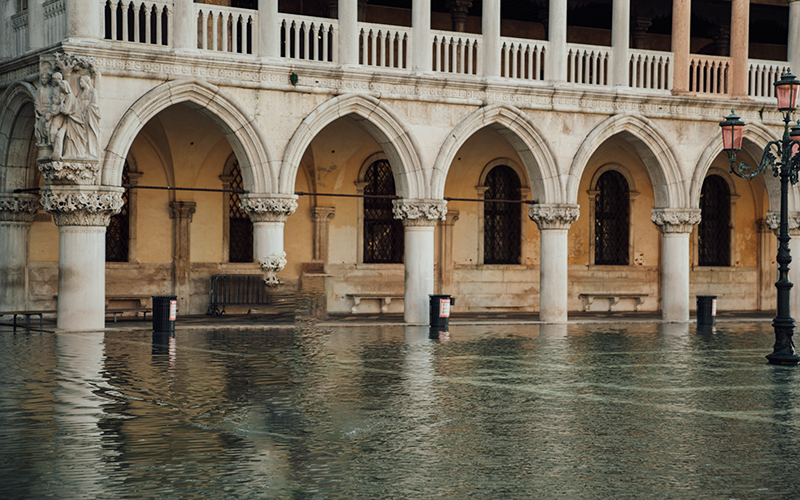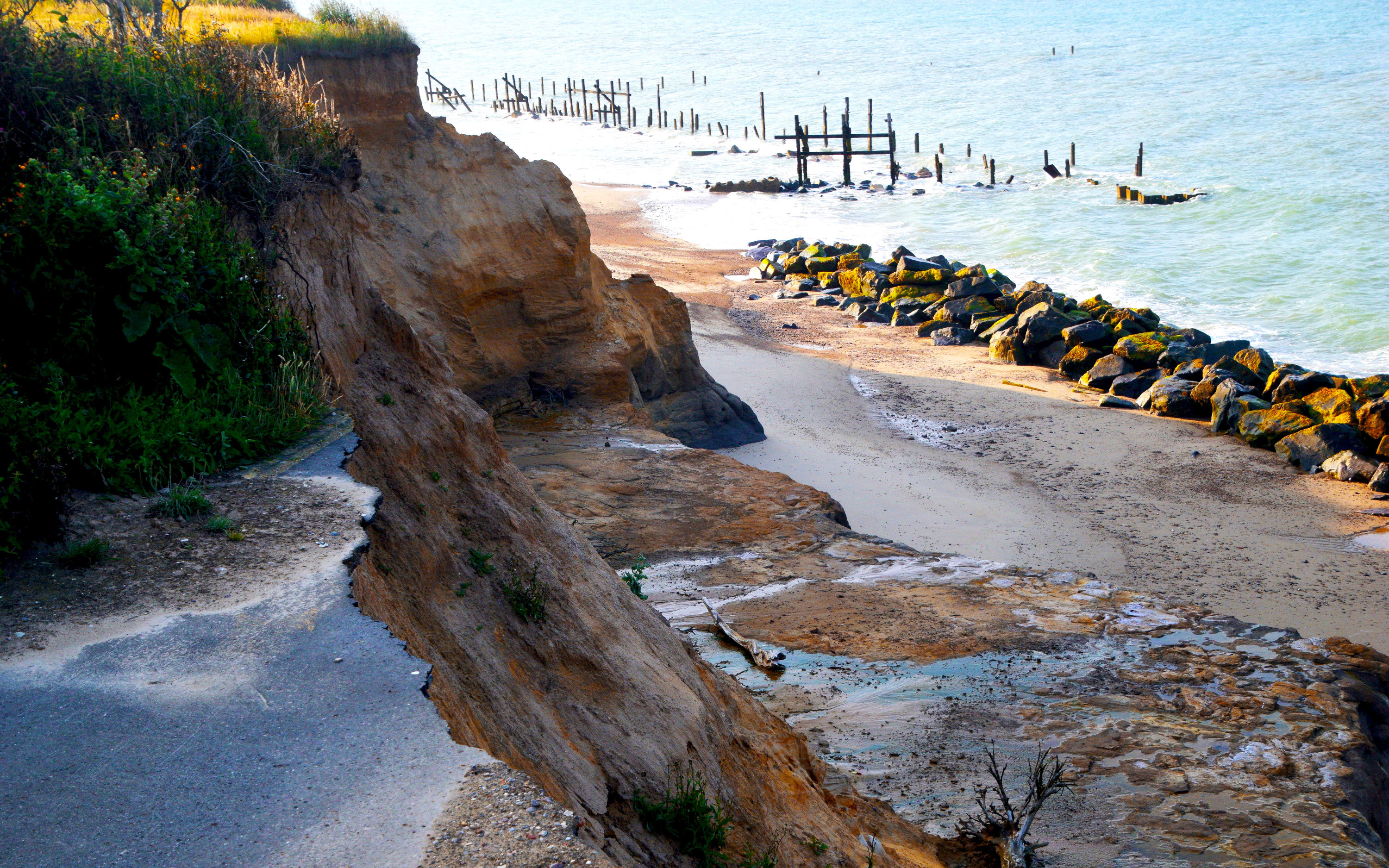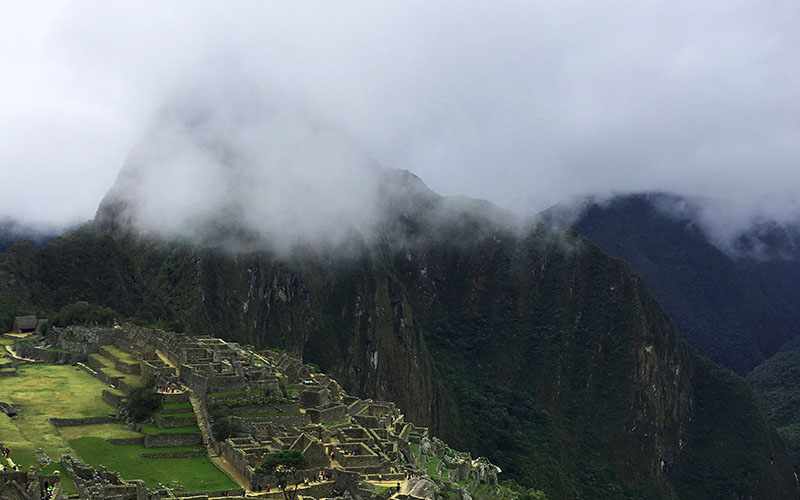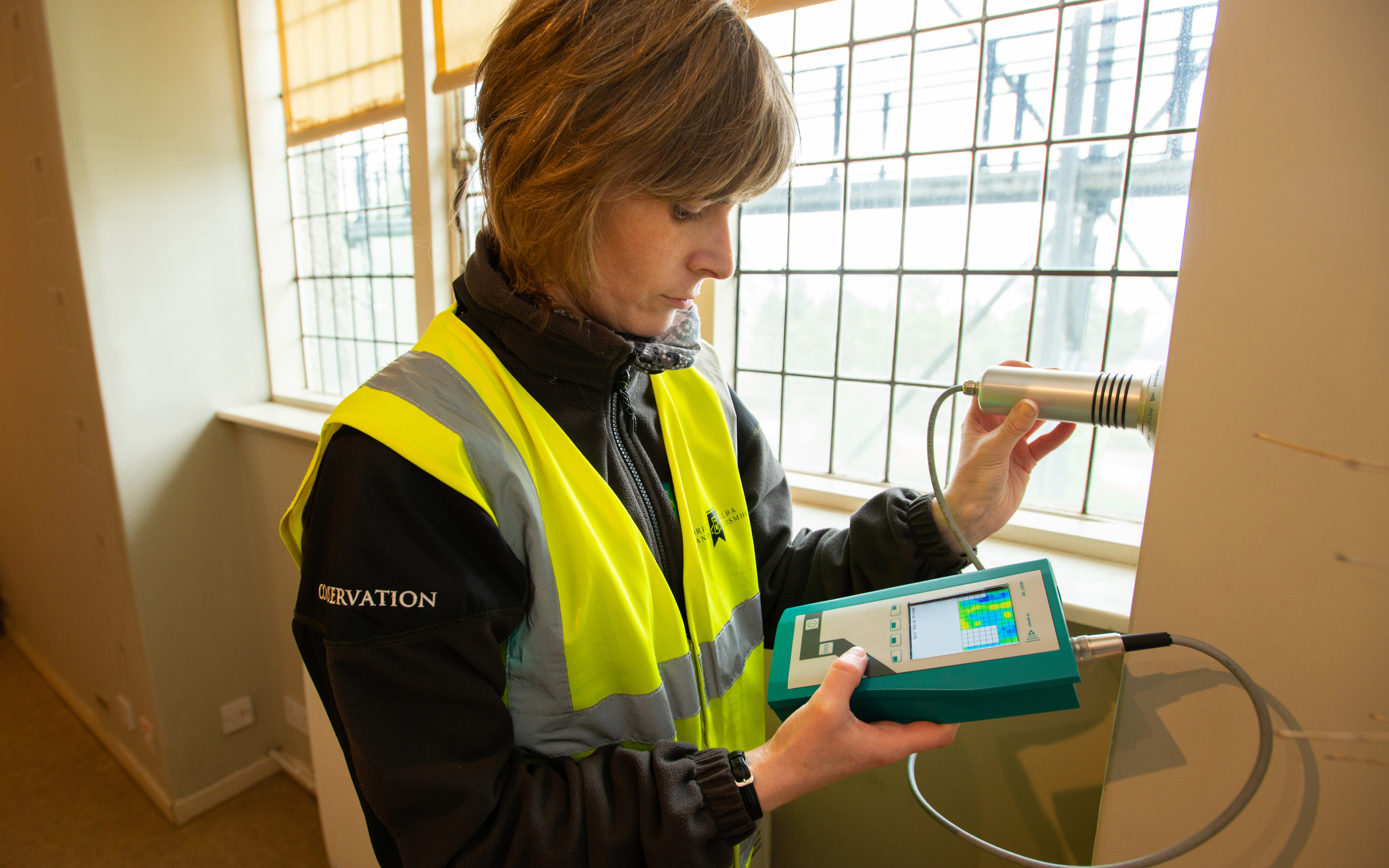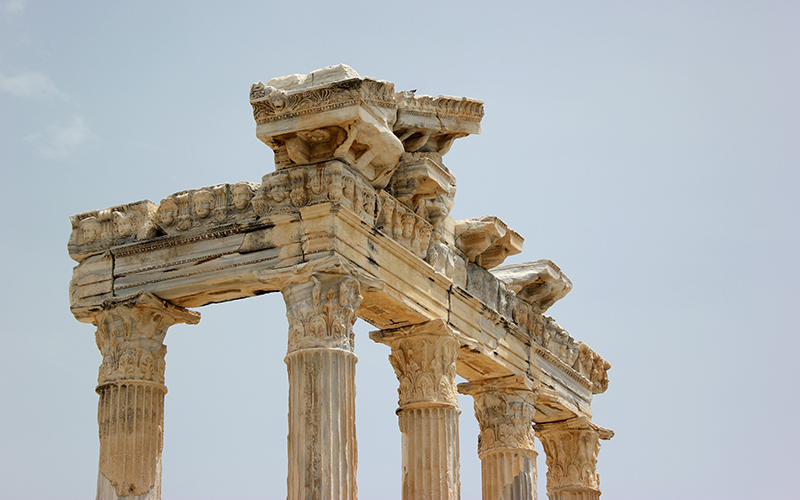Heritage policy
With a focus on supporting strategic decision-making and helping policy groups anticipate change over the short and long term, our work in heritage policy combines theoretical perspectives on change, complexity, and the social production of futures, with practices and techniques from strategic foresight and future studies. In working with these fields, research in this pillar connects them to established perspectives on the future within heritage, such as maintenance, stewardship, and care, and, in demonstrating the relevance of these orientations to the future outside the field of heritage, makes the case for a humane and long-term approach to policy development.
UCL Institute for Sustainable Heritage has a long history of working with policy groups at international, national and local levels to better understand the real-world challenges facing the governance and protection of heritage, and to ensure that policy groups have access to rigorous and relevant interdisciplinary evidence from heritage science, heritage management and other related fields.
Research areas
Anticipation and foresight

This research area is focused on understanding the perspectives on the future that are held by those working within heritage, and developing their capacity to reflexively consider the ideas of the future informing their work.
- Our research
The Future Heritage research strand contributes to addressing these challenges through three broad areas of work:
Future contexts for present and emerging heritage
In what sort of new circumstances will future heritage be situated? Using models and data from heritage science and engineering alongside other natural and social sciences, and drawing on the experience of strategic foresight and futures practitioners, the research will explore how best to make robust and generative claims about the possible futures in which heritage will exist.Future forms of heritage
As new materials and technologies emerge, as new patterns of consumption and production develop, and as new senses of what is valued gain currency within society, the nature of heritage will evolve. The research will identify speculative and prefigurative work across the arts and sciences exploring what (for example) synthetic biology or artificial intelligence offer artists and designers, and engage with the new forms of practice and artefact that will result. It will track—and foster—innovations in cities, in building materials, in digital preservation, in artistic expression, to imagine new possibilities for heritage beyond current framings.Future roles for heritage in society
What different roles might heritage play in future society? What can society expect of heritage? How can the capability of heritage to support responses to challenges of resilience and sustainability be developed? In addressing this question, research within the Future Heritage strand will pay attention to the need for heritage policy and leadership to develop a critical and informed view of the future, working with the multiple forms of evidence needed to anticipate change, and understanding how these forms of evidence can best contribute to decision-making.
New policy networks

This research area aims to describe, understand and support the new networks of advice and expertise that are forming in response to the environmental and technological challenges facing the heritage sector.
- Our research
- Connecting heritage policy with new sources of foresight and strategic thinking
- Enabling inter-disciplinary conversation and knowledge exchange between academia, civil society and policy groups
- Building the capacity to recognise, anticipate and work with change and uncertainty in heritage management
Environmental standards

This research area focuses on the dynamic development of standards and guidelines that remain hotly debated today among practitioners in museums, galleries, libraries and archives. Fuelled by the zero carbon debates surrounding climate change, discussions on environmental standards have morphed into green conservation initiatives which we join through our evidence-based research.
Algorithmic heritage

This research area focuses on the role of heritage in understanding the place of algorithmic systems in society, recognising that making sense of this future industrial heritage will require new forms of interpretation and presentation.
- Our research
Artificial intelligence will form the industrial heritage of the future. The algorithmic systems that comprise AI are becoming a central part of our economy, the equivalent of the mills of the first industrial revolution, and just as much part of our national heritage. Understanding these systems' part in shaping the present will help future generations better understand their world. Yet there is currently little discussion, in the UK or globally, of how these systems might be recognised as future heritage, or how, in practice, such a heritage would be managed.
But thinking of AI systems as future heritage offers a new way of thinking about their governance. It emphasises our stewardship of them, highlighting the responsibility of their creators for their actions and effects. It draws attention to the persistence of these systems over time, raising questions about their maintenance, about the ways they might be retired from service, and about their legacies. Perhaps most usefully, thinking of algorithmic systems as future heritage might help us see that AI is not something to fear but a human achievement to celebrate, and that taking the steps necessary to make it accessible to future generations will ensure that future generations also recognise this value. And in exploring the many technological and conceptual challenges presented by algorithmic heritage, our understanding of what constitutes heritage and how we care for new forms of heritage will be enlarged.
So there are compelling reasons to develop the technical and policy frameworks that will allow us to recognise and care for algorithmic heritage. Working with heritage policy groups, the Algorithmic Heritage research area is working towards this goal by:
- Drawing on relevant research in computer science, science and technology studies, heritage studies and other relevant disciplines to describe and theorise algorithmic heritage,
- Undertaking ethnographic research with users and developers of algorithmic systems to understand what this approach might mean in practice for firms and organisations making use of them in their work,
- Working with policy and technology experts to understand how these lessons from the field might be translated into practical approaches for managing this future heritage
Collection lifetime and heritage capital

This research area focuses on the prediction of the lifetimes of cultural heritage, and its implications for management and policy. It involves the development of damage functions, and their use in decision-making and valuation.
- Our research
The project ITHACA (Integrating Lifetimes in Heritage Capital), 2023-2026, funded by AHRC and led by Josep Grau-Bove, has the objective of transforming heritage capital by incorporating notions of damage and change. To do so, the project is expanding the number of damage functions available and exploring how the perception of damage is related to the willingess to pay. It is a collaborative project between economists, heritage experts and heritage scientists.
In collaboration with IPSOS and DCMS, ISH is studying the potential of damage functions to evaluate interventions that improve the environmental conditions of museums. The objective of the project is to determine the economic benefit of interventions that increase the lifetime of collections. Within this 3-year project, new methods to integrate damage predictions within economic valuation will be proposed, and then tested with real data from a selection of museums that have recently seen investment in preventive conservation methods.
Research stories
Heritage Policy in teaching
Sustainable Heritage MSc (Heritage Management)

The Sustainable Heritage MSc (Heritage Management) route provides the interdisciplinary skills needed to deliver the heritage programmes and projects of the future. This includes learning the latest in heritage management policies, projects, methodologies and practices in the context of historic buildings, sites, landscapes, museums and collections.
Relevant modules
- Sustainable Heritage: Management, Science, and Foresight
- Heritage and Sustainable Development
- Climate Change and Heritage
- Inclusive Urban Heritage
- Policy Advice and Evidence for Heritage
In their third term students carry out their dissertation research on a topic of their choice often closely linked to heritage policy.
Find out more about Sustainable Heritage MSc (Heritage Management) on the UCL Graduate Prospectus ►
PhD Research
- Alitza Cardona is researching innovative methods to enable community responses in post disaster situations.
Find our more about our Sustainable Heritage MPhil/PhD programme on the UCL Graduate prospectus ►
Researchers A-Z

View Josep's profile
Send Josep an email

May Cassar
View May's profile
Send May an email

Richard Sandford
View Richard's profile
Send Richard an email

Kalliopi Fouseki
View Kalliopi's profile
Send Kalliopi an email
 Close
Close


